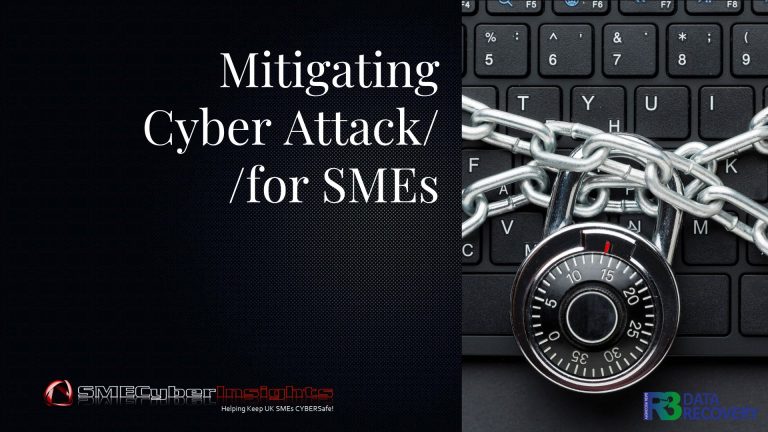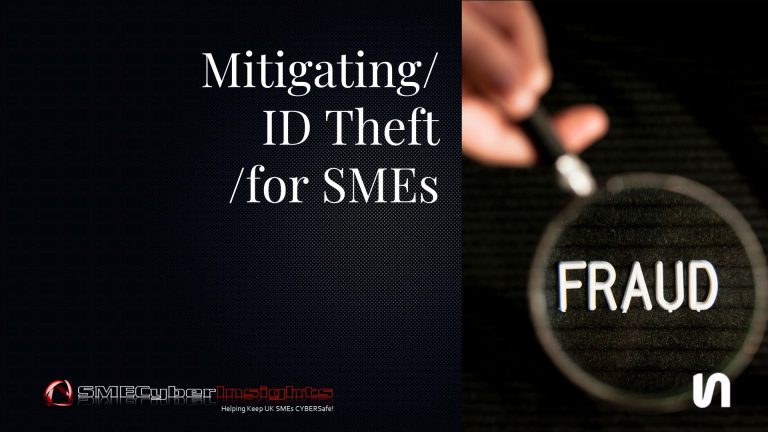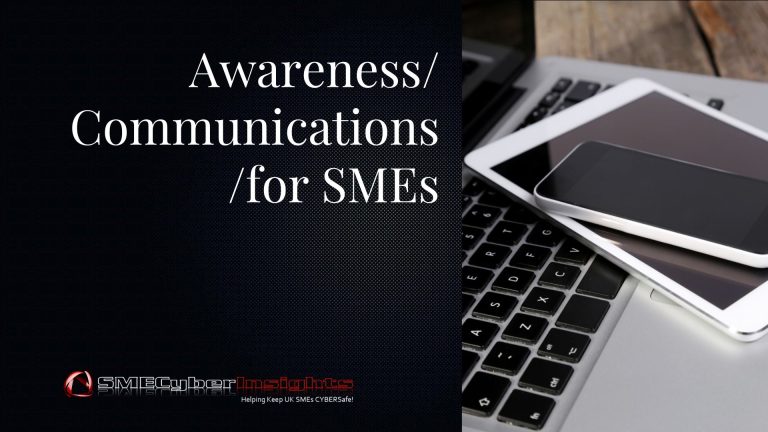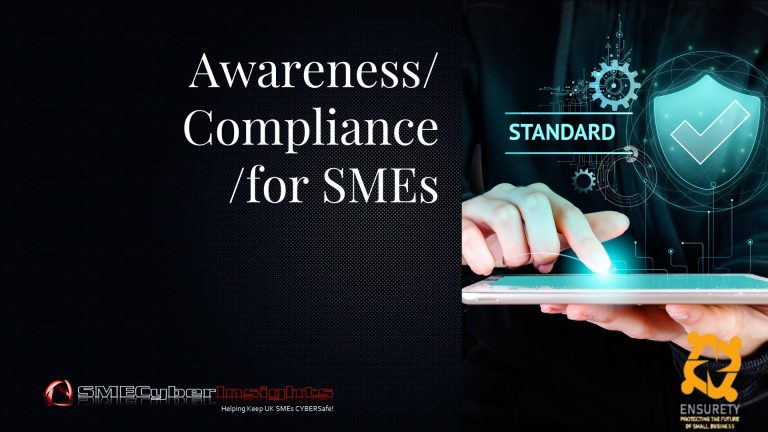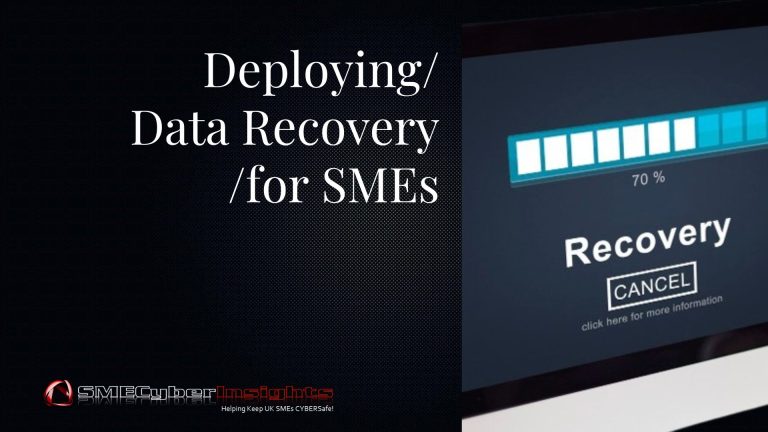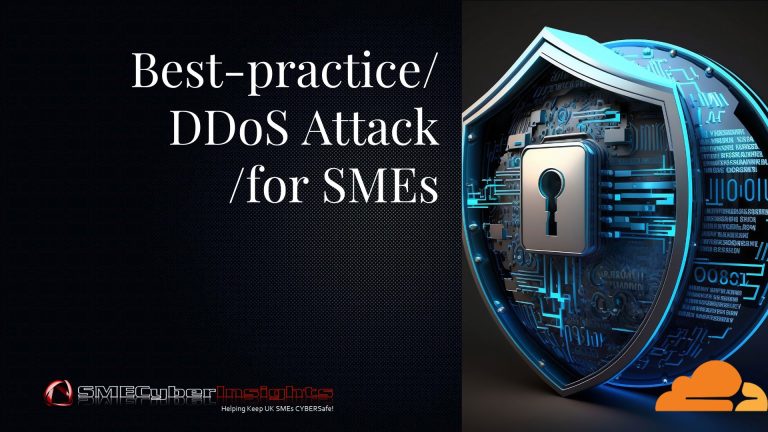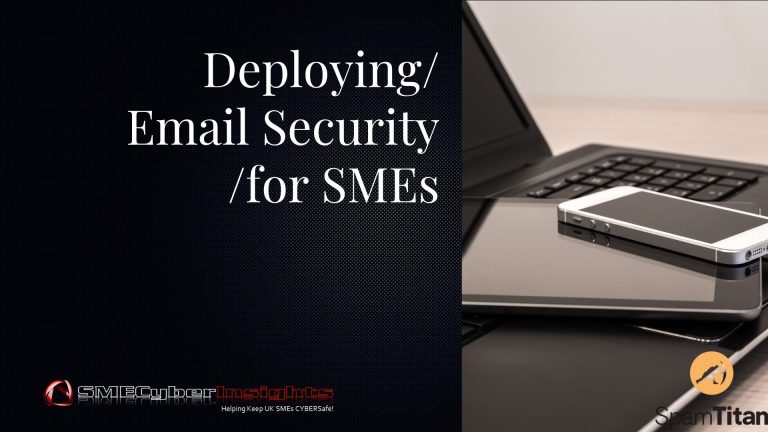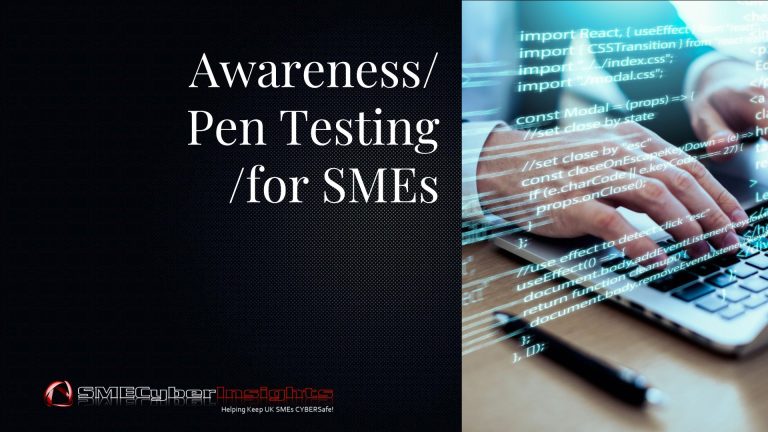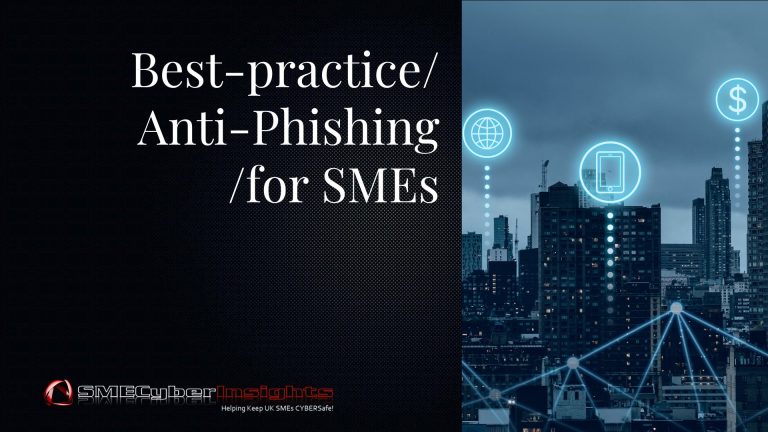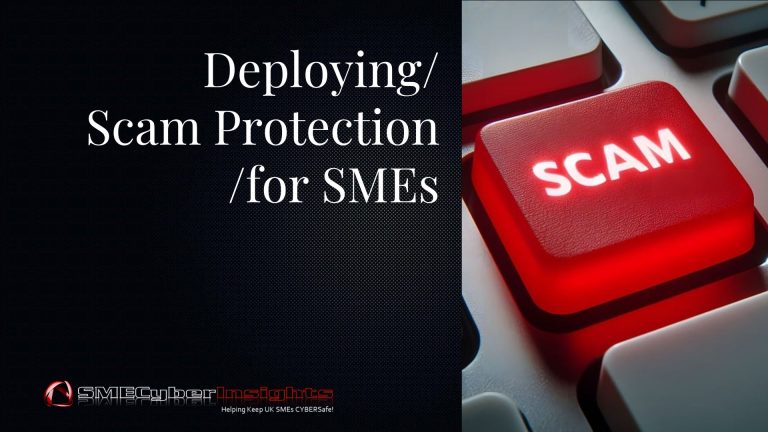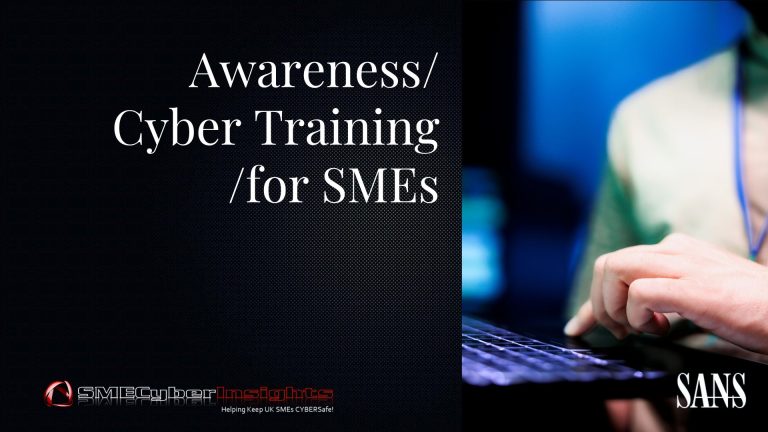Trustpilot Under Fire: How Review Manipulation Continues to Thwart SME Success in 2025
July 21, 2025Helping Keep Small Business CYBERSafe!
Gibraltar: Monday 21 July 2025 at 10:00 CET
Trustpilot Under Fire: How Review Manipulation Continues to Thwart SME Success in 2025
By: Iain Fraser – Cybersecurity Journalist
Published in Collaboration with: Nord VPN
SMECyberInsights.co.uk – First for SME Cybersecurity
Google Indexed on 210725 at 11:05 CET
#SMECyberInsights #SMECyberAwareness #CyberSafe #SME #SmallBusiness #Trustpilot #FakeReviews
This investigation, building on revelations from Shoppydeals.co.uk and incorporating the latest regulatory developments, exposes how Trustpilot’s business model creates an uneven playing field that threatens the survival of British SMEs.
The Manipulation Economy: How Fake Reviews Destroy SME Credibility
The Underground Market Thrives
Despite Trustpilot’s claims of sophisticated AI detection systems, the platform introduced new AI tools in 2024 to identify policy violations at scale, with 90% of detected fake reviews removed automatically. However, the underground economy for fake reviews continues to flourish.
Freelance platforms openly advertise “verified” Trustpilot reviews for as little as £10 each, with sellers boasting years of experience evading detection. For SMEs competing against well-funded rivals, this creates an impossible situation: maintain ethical standards whilst competitors artificially inflate their ratings.
The SME Disadvantage
In 2024, 92,000 reviews were flagged by consumers and 601,000 by businesses for breaching platform guidelines, yet the enforcement appears selective. Small & Medium Enterprises report that their complaints about obvious fake reviews targeting their businesses receive minimal attention, whilst larger corporations seem to benefit from more responsive moderation.
The Pay-to-Play Protection Racket
Subscription-Based Censorship
Trustpilot’s business model centres on paid subscriptions that provide “review filtering” capabilities. These packages, costing hundreds of pounds monthly, offer features that most SMEs cannot afford:
* Priority review removal requests
* Enhanced company response tools
* Dedicated account management
* “Fraud protection” services
Multiple SME owners report that negative reviews disappeared shortly after subscribing to premium plans, with one e-commerce retailer seeing their rating jump from 2.3 to 4.2 stars following subscription activation.
The Cybersecurity Implications
For SMEs in the Cybersecurity sector, reputation manipulation poses particular risks. False reviews can undermine client confidence in security services, potentially deterring businesses from investing in essential protection. When competitors use fake reviews to appear more trustworthy, genuine Cybersecurity providers face unfair disadvantage in an already competitive market.
Regulatory Response: Too Little, Too Late?
CMA Powers Strengthened
The Digital Markets, Competition and Consumers Act 2024 empowers the CMA to fine firms up to 10% of their global turnover for breaking consumer protection laws. The CMA can now directly pursue enforcement action without going through the courts, including issuing fines and ordering businesses to improve their practices.
However, Trustpilot’s response to CMA investigation emphasises their commitment to “openness and transparency”, suggesting they view themselves as compliant with current regulations.
The Enforcement Gap
Despite the CMA investigating whether review websites take sufficient measures to protect consumers from fake and misleading reviews, enforcement remains patchy. SMEs continue to suffer whilst awaiting meaningful regulatory intervention.
The Devastating Impact on British SMEs
Case Studies in Destruction
The investigation reveals numerous examples of SMEs devastated by review manipulation:
* Manchester Bakery: Lost 40% of sales following coordinated fake review campaign
* Tech Startup: Major investor withdrew following false claims left unmoderated
* Independent Retailer: Forced closure after £5,000 extortion attempt using fake negative reviews
The Cybersecurity Sector Under Threat
SMEs providing Cybersecurity services face vulnerabilities. False reviews questioning their competence can deter potential clients from investing in essential protection, ultimately undermining national Cybersecurity resilience.
Fighting Back: A Survival Guide for SMEs
Immediate Actions
1. Document Everything: Screenshot suspicious reviews, save correspondence, and maintain detailed records of review patterns
2. Report Systematically: Despite slow response times, consistently report fake reviews through official channels
3. Diversify Platforms: Reduce dependence on Trustpilot by encouraging reviews on Google, Feefo, and industry-specific platforms
4. Legal Protection: Consider legal action against demonstrably false reviews under defamation laws
Long-term Strategy
SMEs must develop review resilience strategies:
* Proactive Reputation Management: Encourage legitimate customers to leave honest reviews
* Transparent Communication: Publicly address legitimate concerns to demonstrate accountability
* Industry Collaboration: Work with trade associations to lobby for stronger regulation
* Alternative Validation: Pursue industry certifications and quality marks that don’t rely on potentially manipulated reviews
The Future of Online Reviews: What SMEs Need to Know
Regulatory Evolution
The UK Government’s strategic steer to the CMA emphasises supporting pro-growth agenda, suggesting future enforcement may consider the impact on British businesses, particularly SMEs.
Technology Solutions
The shutdown of Fakespot, a major fake review detection service, on 1 July 2025 creates a gap in independent review verification tools. SMEs must seek alternative solutions for protecting their online reputation.
Conclusion: The Trust Deficit
Trustpilot’s business model creates a two-tier system where SMEs face systematic disadvantages. Until meaningful regulatory intervention occurs, Small & Medium Enterprises must treat platform ratings with extreme scepticism and develop robust alternative reputation strategies.
The evidence suggests that Trustpilot’s “trust” is indeed a carefully constructed illusion—one that British SMEs can no longer afford to ignore.
This investigation continues to develop. For the latest updates on review platform regulation and SME protection strategies, visit SMECyberInsights.co.uk.
UK Small Business Owner? Join SMECyber Free Now! & Access the SME Cyber Forum – Read, Learn, Engage, Share …
The Latest SME Cybersecurity News, Threat Intelligence & Analysis, Timely Scam Alerts, Best-practice Compliance, Mitigation & Resources specifically curated for UK Based SMEs in a Single Weekly Email direct to your Inbox or Smart Device together with Unrestricted Free Access to our entire SME Cyber Knowledge & Tutorial Library.
What is a VPN & Does my SME Need one? A VPN is a Virtual Private Network a method of securing your communications credentials. When it comes to Small and Medium-sized enterprises (SMEs), the choice of VPNs can significantly impact the security and efficiency of their operations.
The NordVPN service allows you to connect to 5600+ servers in 60+ countries. It secures your Internet data with military-grade encryption, ensures your web activity remains private and helps bypass geographic content restrictions online. Join NordVPN Today and Save up to 73% and Get 3 months Extra Free Rude Not to …!

